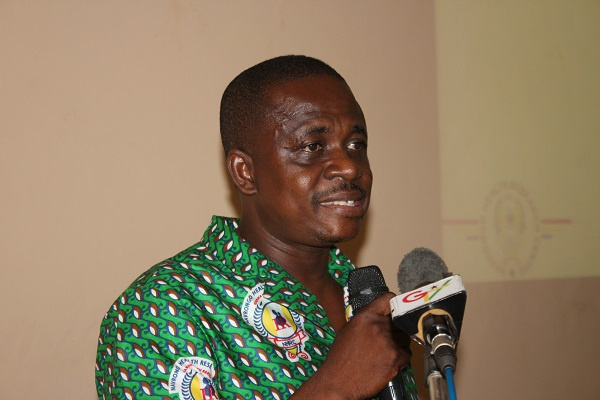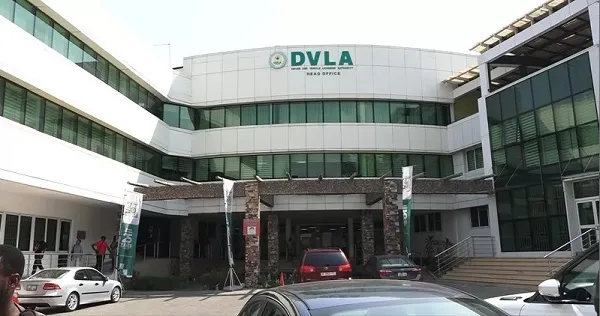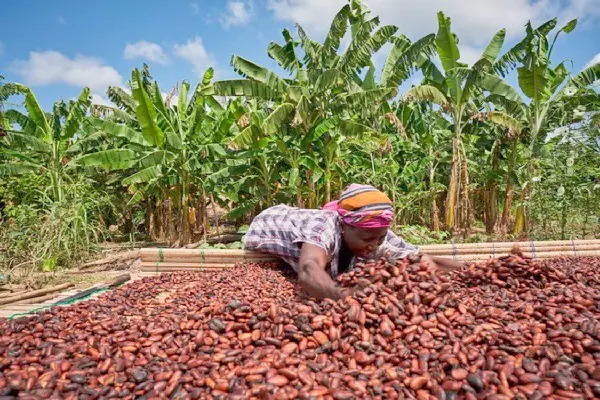About 1,500 volunteers are set to participate in the clinical trials for two COVID-19 vaccines in the country.
Each of them would receive at least one full dose of the Russian-made Sputnik Light vaccine or the SANOFI vaccine.
The exercise, which would commence on June 28, would see the Sputnik Light trial carried out in seven months while the SANOFI vaccine trial would be done in 13 months.
One of the clinical trials would be conducted in Dodowa in the Shai Osudoku District, Accra, while the other would be done at Navrongo in the Kassena-Nankana District in the Upper East Region.
The exercise is to assess the efficacy, tolerability, safety, and immunogenicity of the Sputnik Light vector vaccine against the COVID-19 infections.
When the data generated from the trial proves that the vaccines are efficacious, the two vaccines would be added to the brand of vaccines already in use.
This, according to the Team Lead for the trial of the Sputnik light in Ghana, Dr Alberta Amoh would, “improve on vaccine availability especially in Sub-Saharan Africa,” which has vaccinated about 17 million of its over 1.3 billion population.
“The ultimate goal of this trial is to conduct it in parallel in all the countries with the same IP so that we can compile data from all the countries to be able to develop enough data to get the vaccine registered for use,” she said.
Dr Amoh said this when she addressed a national stakeholders’ conference in Accra on Tuesday, June 22.
As countries continue to battle against having access to vaccines due to a global shortage of vaccines, the Director at the Research and Development Division of the Ghana Health Service, Dr Abraham Oduro, has noted that the trials would position the country to access the jabs when ready.

“When you contribute to developing the product, you have a better chance of accessing the vaccine either for free or at a cheaper rate,” He explained in an interview on Joy FM on Tuesday, June 22, monitored by The Ghana Report.
Meanwhile, Ghana has recorded the most contagious variant of the COVID-19 virus.
Head of the West Africa Centre for Cell Biology and Infectious Pathogens, WACCBIP at the University of Ghana, Professor Gordon Awendare, confirmed the Delta variant.
He emphasised the need to focus attention on alternative vaccines, including Pfizer, to better protect against this variant.
Prof Awendare has also urged the government to immediately enforce the COVID-19 preventive protocols to stem a potential spread.
Read also: COVID-19: Deadly Indian Variant Found In Ghana
However, the Director of Public Health at the Ghana Health Service (GHS), Dr Franklin Asiedu-Bekoe, has said, the country has a robust system in place to contain the disease.
According to him, compared to the beginning of the year, there are now enough health facilities, beds, oxygen, among others, that would make the country deal with any eventuality.
He has indicated that the country has also enhanced its surveillance at the airport to properly monitor and contain the Delta strain of the virus.
He however emphasised the need to continually adhere to the safety protocols of COVID-19, as it is the surest way of combating the disease.
“For us as a service, we need to assume that every person can give you the infection. That is why we are focusing on adherence to the protocols,” Asiedu-Bekoe said.
















